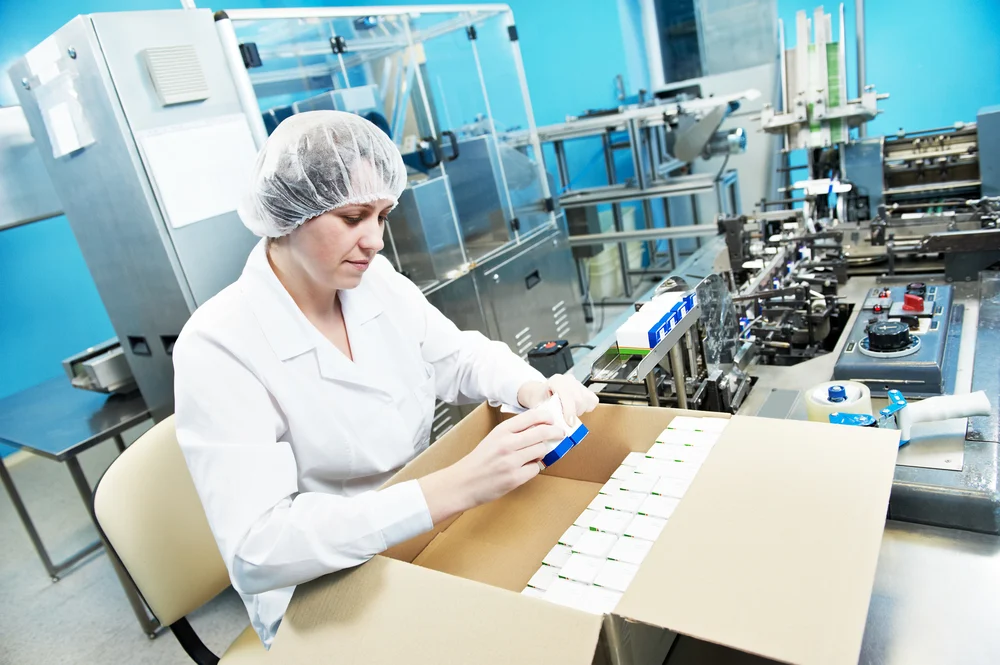Monoclonal Antibody Manufacturing Insurance: Protecting Biotech Innovation and Investment
Understanding the Critical Need for Specialized Insurance in Monoclonal Antibody Manufacturing
The monoclonal antibody (mAb) manufacturing sector represents a pinnacle of biotechnological innovation, driving groundbreaking medical treatments across multiple therapeutic areas. As these complex biological products become increasingly critical in healthcare, the financial and operational risks associated with their production have never been more significant. This comprehensive guide explores the intricate world of insurance specifically designed for monoclonal antibody manufacturing facilities.
The Monoclonal Antibody Manufacturing Landscape
Monoclonal antibodies are precision-engineered proteins that play a transformative role in treating conditions like cancer, autoimmune disorders, and infectious diseases. The manufacturing process involves sophisticated biotechnology, requiring immense capital investment, cutting-edge research, and stringent regulatory compliance.
Key Manufacturing Stages Requiring Insurance Protection
- Cell line development
- Upstream and downstream processing
- Purification and quality control
- Packaging and distribution
- Research and development
Comprehensive Risk Assessment in mAb Manufacturing
Financial Risks
- High equipment and facility investment costs
- Potential product development failures
- Regulatory compliance expenses
- Intellectual property protection
Operational Risks
- Contamination of biological materials
- Equipment malfunction
- Supply chain disruptions
- Research data loss or corruption
Essential Insurance Coverage for Monoclonal Antibody Manufacturers
1. Professional Indemnity Insurance
Protects against claims arising from professional errors, negligence, or potential scientific misconduct during research, development, and manufacturing processes.
2. Product Liability Insurance
Crucial coverage addressing potential legal claims related to manufactured monoclonal antibodies, including adverse reactions, unexpected side effects, or manufacturing defects.
3. Cyber Insurance
Safeguards sensitive research data, intellectual property, and digital infrastructure against cyber threats, data breaches, and technological disruptions.
4. Business Interruption Insurance
Provides financial protection against revenue losses resulting from unexpected facility shutdowns, equipment failures, or regulatory interventions.
5. Property and Equipment Insurance
Covers high-value scientific equipment, laboratory infrastructure, and specialized manufacturing facilities against damage, theft, or catastrophic events.
Navigating Regulatory Landscapes
Monoclonal antibody manufacturers must comply with rigorous regulations from bodies like the FDA, EMA, and MHRA. Insurance policies must be designed to address these complex regulatory environments, providing comprehensive protection that aligns with international standards.
Key Regulatory Considerations
- Good Manufacturing Practices (GMP)
- Quality management systems
- Traceability requirements
- Periodic facility inspections
Factors Influencing Insurance Premiums
- Scale of manufacturing operations
- Complexity of monoclonal antibody types
- Historical claim records
- Risk management protocols
- Research and development investment
- Geographical location of facilities
Proactive Risk Mitigation Strategies
Recommended Best Practices
- Implement comprehensive quality control systems
- Maintain detailed documentation
- Invest in continuous staff training
- Develop robust cybersecurity protocols
- Conduct regular risk assessments
Securing the Future of Monoclonal Antibody Innovation
As the monoclonal antibody manufacturing sector continues to evolve, comprehensive insurance coverage becomes increasingly critical. By understanding and proactively addressing potential risks, manufacturers can protect their groundbreaking work and continue driving medical innovation.
Frequently Asked Questions
- How often should insurance policies be reviewed?
- Annually, or whenever significant changes occur in manufacturing processes, regulatory environments, or research focus.
- Can insurance cover research and development failures?
- Specific policies can provide financial protection for R&D investments, though coverage varies by provider.
- What is the typical cost of insurance for mAb manufacturers?
- Premiums can range from £50,000 to £500,000 annually, depending on facility size, research complexity, and risk profile.


 0330 127 2333
0330 127 2333
